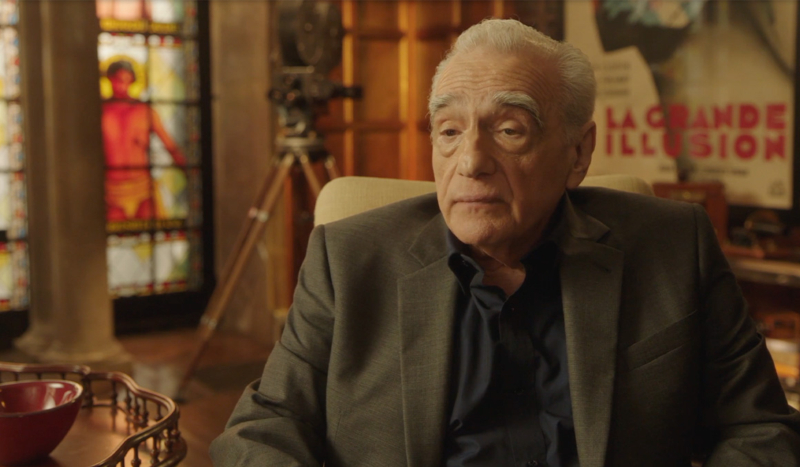
Video Screengrab / Fox Nation
CV NEWS FEED // Catholic author and teacher Sean Fitzpatrick recently analyzed Michael Scorsese’s new docuseries “The Saints.”
“While the series does not shy away from the saints’ humanity, there is a keener interest in their controversy,” Fitzpatrick wrote in an article for Catholic World Report,.
According to Fitzpatrick, the series is a largely “wholesome look at holy history,” especially compared with other modern media. Still, it is touched by a desire to portray saints like Joan of Arc and Maximilian Kolbe as rebels who pushed the boundaries of Catholicism.
He stated that the director gives St. Joan of Arc “a bite in [her] manner” when she insists on her visions and on wearing men’s clothes. He also wrote that St. Maximilian Kolbe was depicted as a “priest burdened with the antisemitic sentiments of his culture, as most Catholics did,” though he managed to overcome these biases.
Fitzpatrick wrote that Scorsese stresses two saints’ deviations from the contemporary culture.
“The controversy of Scorsese’s Joan and Kolbe is presented as an instinctive or even divine call to strike out against the accepted grain of Catholicism in their times,” Fitzpatrick wrote. “In other words, the quality that makes a saint is found in the courage to go beyond tradition and teaching in response to what neighbor and God seem to demand from them. Thus, their heroism and strength are given prominence together with a rebellious inclination.”
While the series does still include saints, sacraments, and the Church, Fitzpatrick attributed the emphasis on deviation to Scorsese’s own relativistic bent. The director has famously struggled with his Catholic faith, as evidenced by his works.
Scorsese’s film The Last Temptation of Christ is notoriously blasphemous, while another of his religious films, Silence, depicts a search for religious truth that, Fitzpatrick states, reflects the director’s own journey “that seems to conclude repeatedly in uncertainty.”
Fitzpatrick then explained that the radical nature of the saints did not lie in the sort of cultural deviations that Scorsese implies. Instead, these saints “were radicals according to the paradoxes of the Beatitudes—not progressives who refused to be hedged in by a stagnant Church.”
“Catholics who are up for an interesting experience would not be remiss in taking this series in,” Fitzpatrick wrote, “but they should be aware of the spiritual sleight of hand that is being played, however consciously, by Martin Scorsese and company.”

